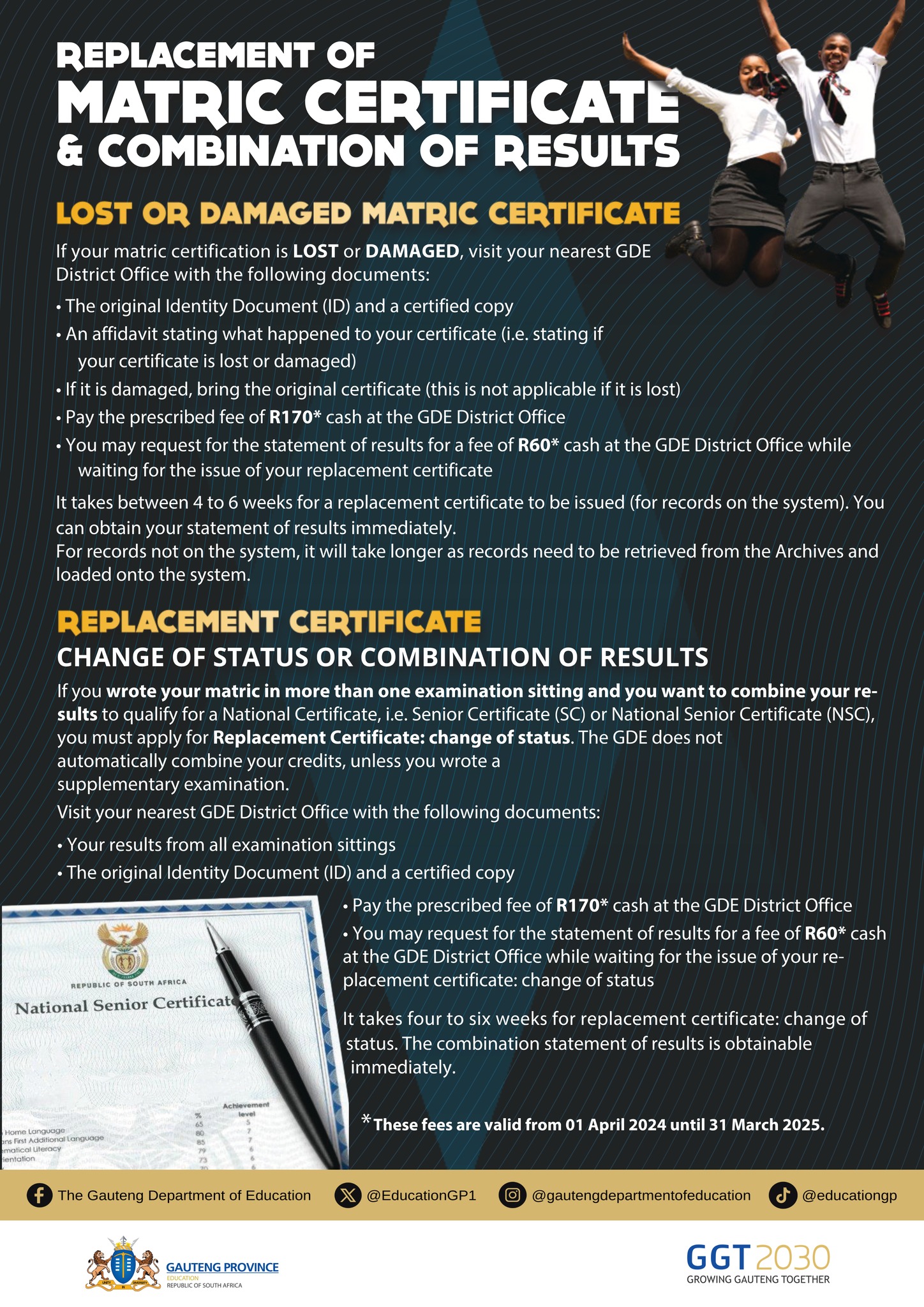| Why refer-to-fund is on the rise In its 2023-24 annual report, the statutory body established to resolve pension fund related disputes in a procedurally fair, economical and expeditious manner revealed that industry stakeholders were making greater use of the so-called refer-to-fund (RtF) process to resolve issues and build trust between funds and their members. It makes perfect sense, dear reader. After all, the pension funds and their trustees should have a sound working knowledge of the legal frameworks they operate under, meaning they should be aware of any mistakes made. “The RtF process has been largely welcomed by the industry and it continues to mature for those funds that do not have compliance issues; during the year under review, 699 disputes were resolved via this process, being approximately 10% higher than the total resolved in 2022-23,” said Pension Funds Adjudicator (PFA), Muvhango Lukhaimane. Commenting at the release of the latest annual report, the adjudicator welcomed an increase in number of disputes being resolved without the need for a formal compliant being registered and investigated. “It is hoped that with time, constant encouragement and an increase in compliance-related regulations, all funds will fully embrace the RtF process as a means of addressing dissatisfaction by their members and increasing trust in the system,” said Lukhaimane. This seemed as good a time as any to take a quick look at regulatory changes that could potentially drive the next spike in pension fund related disputes, not least of which the 1 September 2024 implementation of the two-pots retirement solution. An unintended consequence of two-pots The PFA predicts an increase in complaints following the initial stages of the two-pots implementation. One area of concern is non-compliant employers, and there are a growing number of reports of employees initiating a savings pot withdrawal, only to discover that their employers have not been paying over their pension fund contributions. According to the OPFA, the rush by members to withdraw from the savings component exposed widespread maladministration by employers at security firms, municipalities and various other sectors. “Political parties have raised concerns about missing pension fund money, and employees and their unions have [even] staged protest marches,” commented the OPFA in a recent legislation-focused media release. There has also been a flood of recent media reports warning of other issues that could creep in as members rush to access a portion of their retirement savings. An obvious concern is the time it will take fund administrators to process the flood of withdrawal requests; a second ‘red flag’ arises out of the requirement for the South African Revenue Services (SARS) to assess each withdrawal against members’ outstanding income tax dues. If SARS deems it necessary, it can claw back these dues from the two-pots withdrawal amount. Against this backdrop, it seems inevitable that the OPFA will face a record complaints year in 2024-25. And that means the 2023-24 total of 765 complaints a month, totalling 9 177 cases over the full year, could be dwarfed. Per the latest report, some 8 399 complaints were investigated and finalised as either determinations; out of jurisdiction; or settlements. Matters pertaining to withdrawal benefits continue to be the most dominant category of complaints investigated and closed by the OPFA, together with non-compliance with section 13A of the Pension Funds Act, being non-payment of contributions by participating employers. Jointly, these two categories constitute 84% of the total closed complaints categories. The ongoing ‘drag’ of complaints resolution Although the office managed to close 25% more cases than in the prior year, it did take somewhat longer to finalise complaints. “Some of the delays can be attributed to certain retirement funds that are habitually uncooperative by failing to provide proper responses to complaints, or funds undergoing some form of regulatory intervention by the Financial Services Conduct Authority where the grievances raised by complainants are of secondary concern to the statutory manager,” said Lukhaimane. She revealed that 3 654 of new complaints came from a single fund, the Private Security Sector Provident Fund (PSSPF). Lukhaimane confirmed that her office was braced for a surge in complaints from workers due to inadequate member communication and education around two-pots; poor records management by funds; and disputes regarding value of benefits withdrawable from the savings pot. “The successful implementation of the two-pot system requires collaboration and a concerted effort from all stakeholders to strengthen trust in the retirement system,” she said. “We anticipate an unheralded volume of complaints as members seek to withdraw from the savings component, highlighting the need for funds to ensure readiness and provide clear communication.” The OPFA has developed a response plan that includes deployment of additional resources, staff training and a stakeholder engagement plan specific to the two-pot retirement system. |










